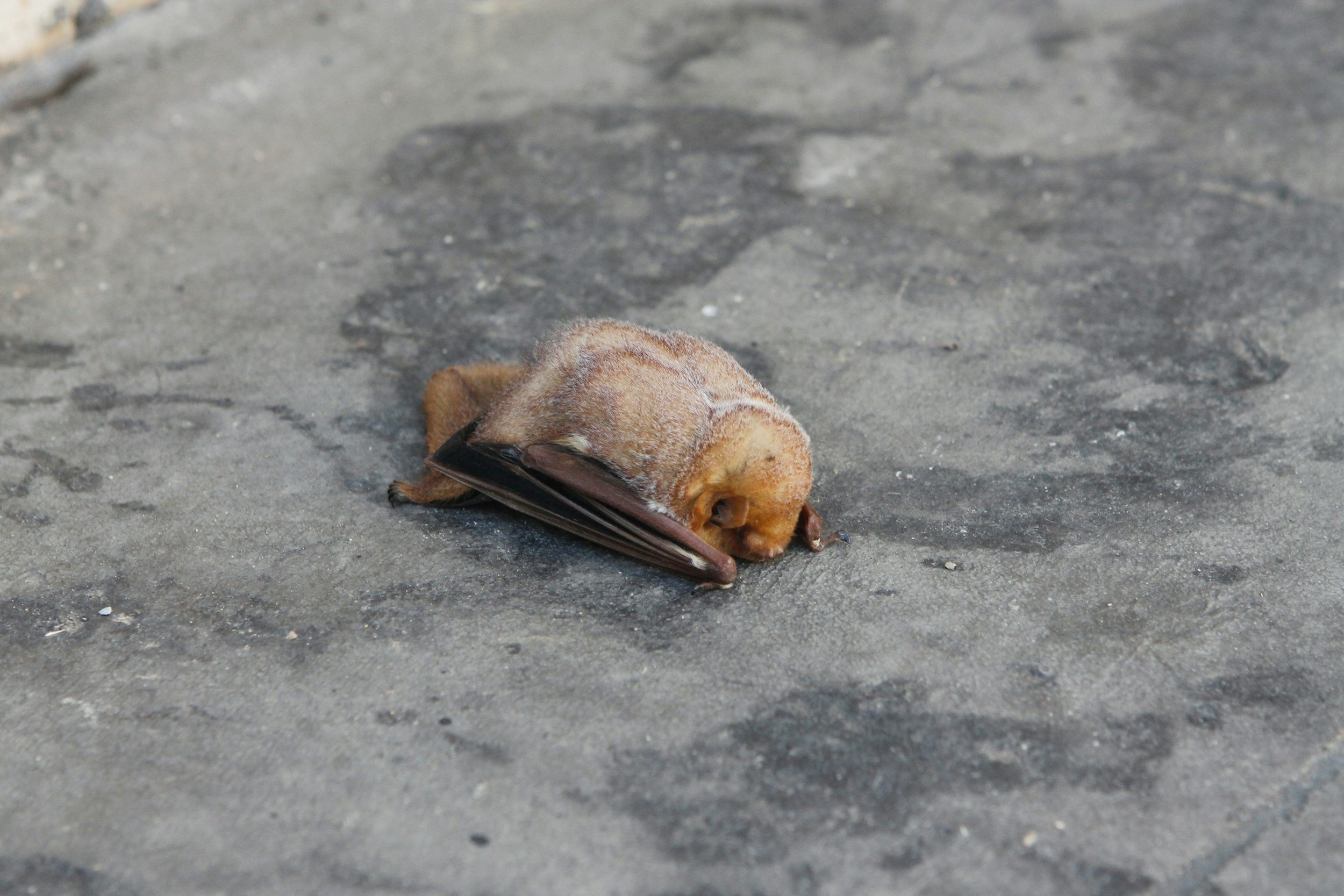
Urban Bat Conservation Laboratory

The Urban Bat Conservation Laboratory (UCBL) is dedicated to understanding and enhancing the lives of bats within cities. Our research investigates how bats adapt to urban environments, utilizing artificial structures and urban green spaces for roosting and navigating cityscapes to find food and shelter. An integral part of our mission includes the Bat Sanctuary Program, which seeks to create safe havens for bats amidst the hustle and bustle of city life. By understanding and addressing the unique challenges posed by urban stressors—such as noise, light pollution, and habitat fragmentation—we strive to mitigate their impacts on bat behavior and health. Our work aims to transform cities into bat-friendly spaces, guiding urban development that balances human activity with wildlife needs. Through collaboration with developers, communities, and city planners, we seek to integrate conservation into urban design, ensuring that bats have secure roosting sites and viable foraging habitats in even the most densely populated areas.
Laboratory Director:
Ryan Mahoney
Goals of the Urban Bat Conservation Laboratory
Research how bats utilize urban environments for roosting and foraging
Urban landscapes provide both challenges and novel habitats for bats, requiring them to adapt to highly modified environments. The UBCL is dedicated to understanding how bat species navigate the urban matrix. We study how bats use the diverse structures of cities—such as rooftops, bridges, parks, and urban woodlands—as substitutes for natural habitats. Our research combines fieldwork and advanced acoustic monitoring to pinpoint key roosting sites and analyze foraging behavior in areas with limited natural prey. We focus on how bats utilize unexpected habitats, like crevices in high-rise buildings, or tree hollows in city parks, to better inform conservation practices.
Investigate the impacts of urban stressors like noise, light pollution, and habitat fragmentation on bat behavior and health
Cities pose unique threats to bats, from constant noise pollution and artificial lighting to fragmented habitats that disrupt natural foraging patterns. The UBCL is dedicated to assessing how these urban stressors impact bat behavior and well-being. Our studies examine changes in echolocation, shifts in foraging patterns, and health implications caused by continuous urban disturbances. We aim to provide actionable data that leads to targeted solutions, mitigating the challenges posed by urban environments and protecting bat populations within cities.
Collaborate with developers and local communities to minimize impact and create bat-friendly infrastructure
As cities expand and change, it is crucial to integrate wildlife conservation into urban development. The UCBL works with developers, regulators, and local communities to minimize and mitigate the impacts of development and to design and implement bat-friendly infrastructure. This includes conducting studies to identify bat species presence, developing plans to minimize and mitigate impacts on protected species, creating green corridors that connect fragmented habitats, and installing bat houses as supplimental roost habitat in parks and on buildings. The lab also advises on reducing the negative effects of urbanization, such as incorporating bat-friendly lighting solutions and managing urban forests and green spaces to support bat roosting and foraging needs.
Programs and Research Areas
Bat Sanctuary Program: Establish a network of safe roosting sites in city parks, green spaces, and rooftops. Provide public education and engagement centered around bat conservation in cities.
Habitat Assessments and Conservation Plans: Focus on urban spaces and developing urban-specific habitat guidelines, conservation, and restoration plans.
Urban Roosting Behavior: Research how bats use buildings, bridges, parks, street trees, and artificial structures for roosting in urban spaces.
Impacts of Noise and Light Pollution: Examine how urban noise and lighting affect echolocation, feeding, and navigation.
Sound Hunters Citizen Science Workshop: Engage the public in acoustic monitoring and bat conservation through workshops in city parks.






